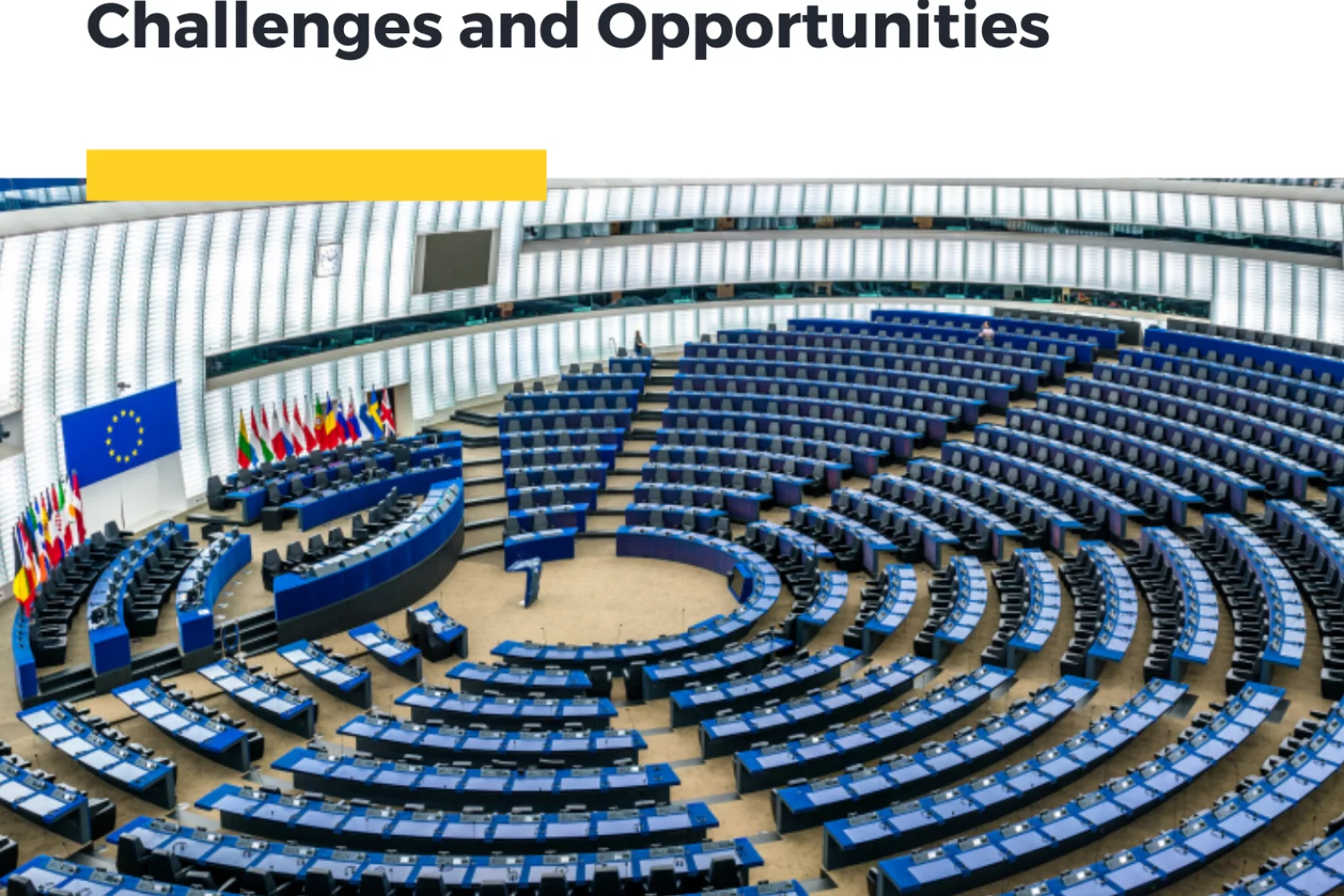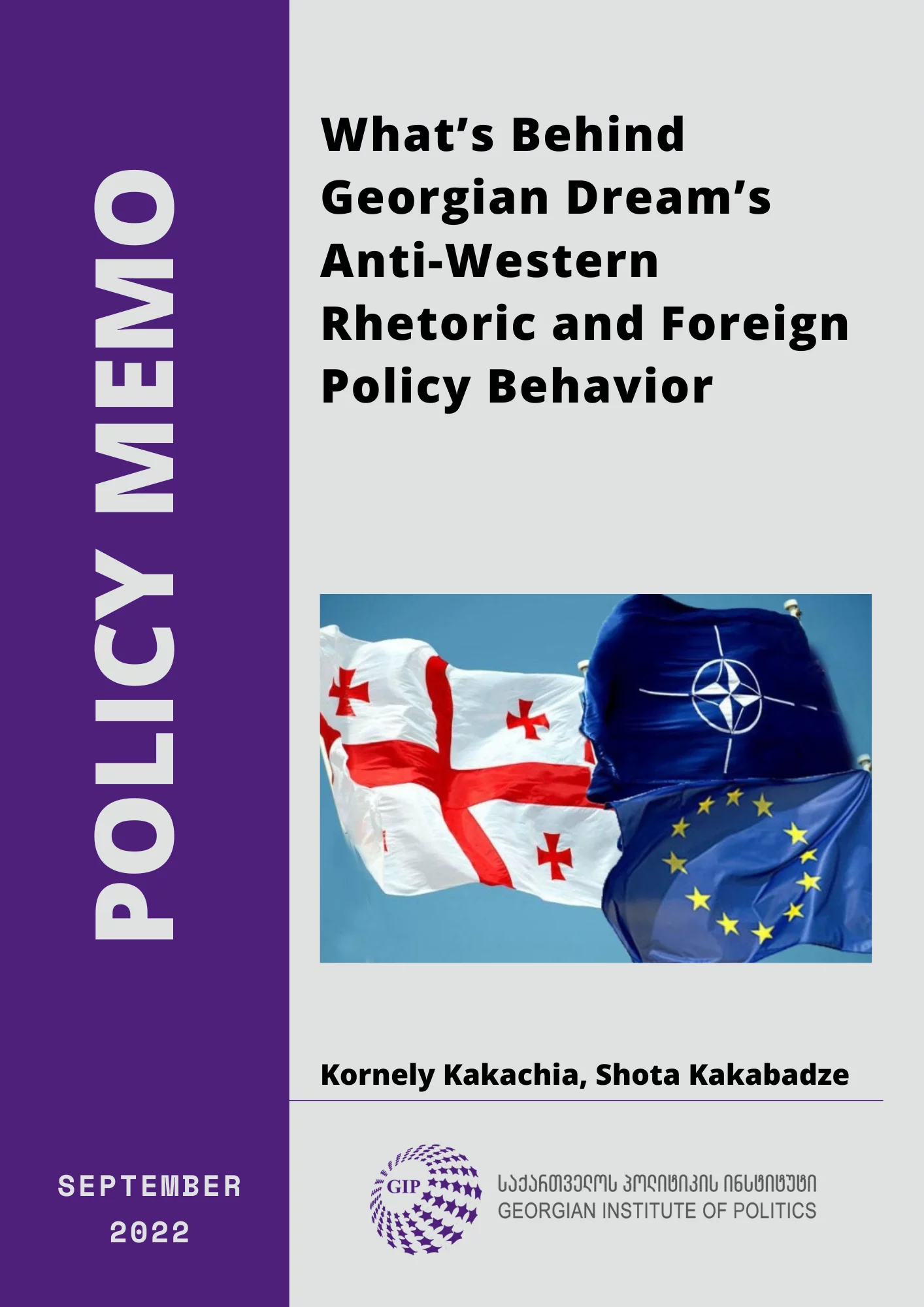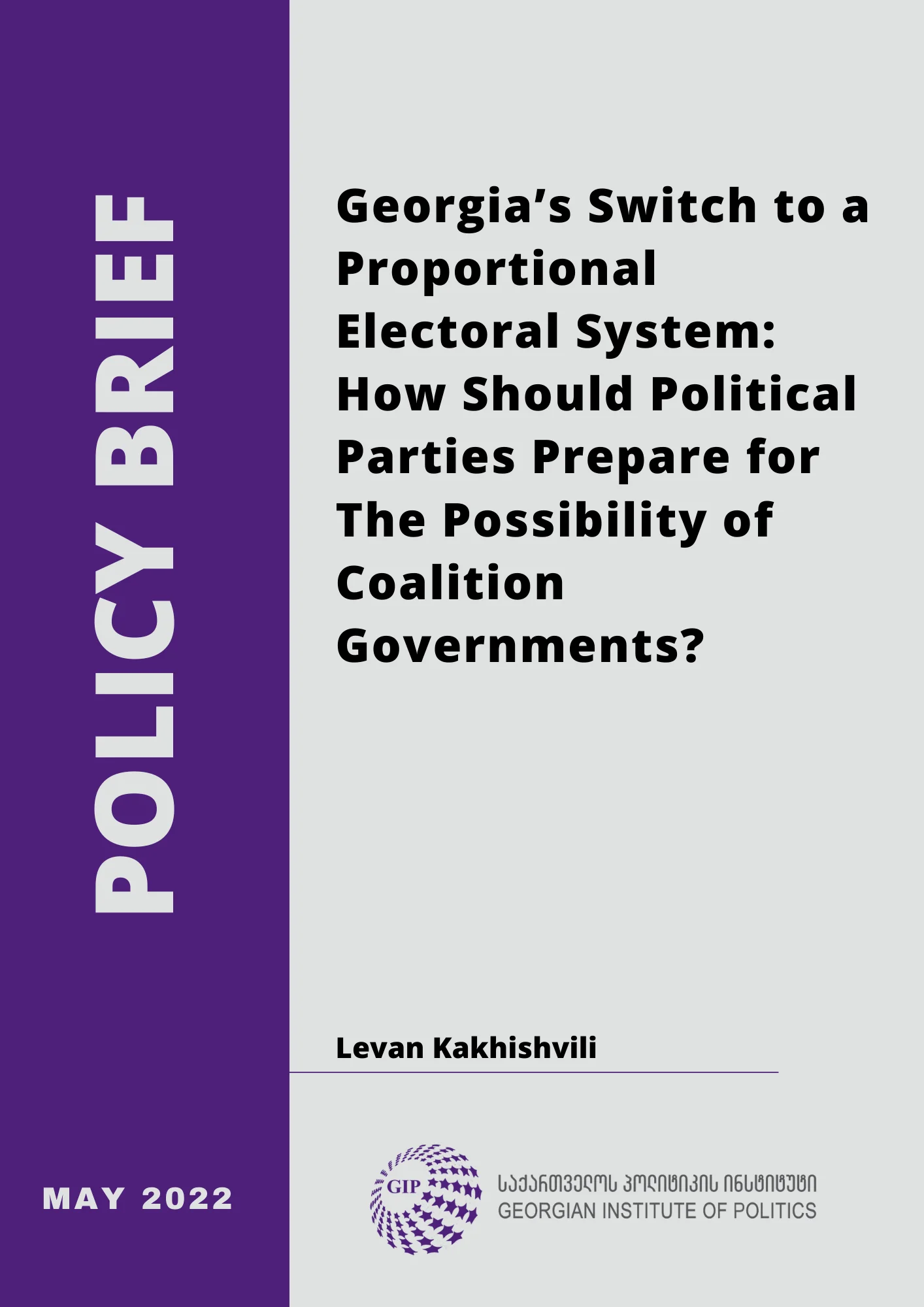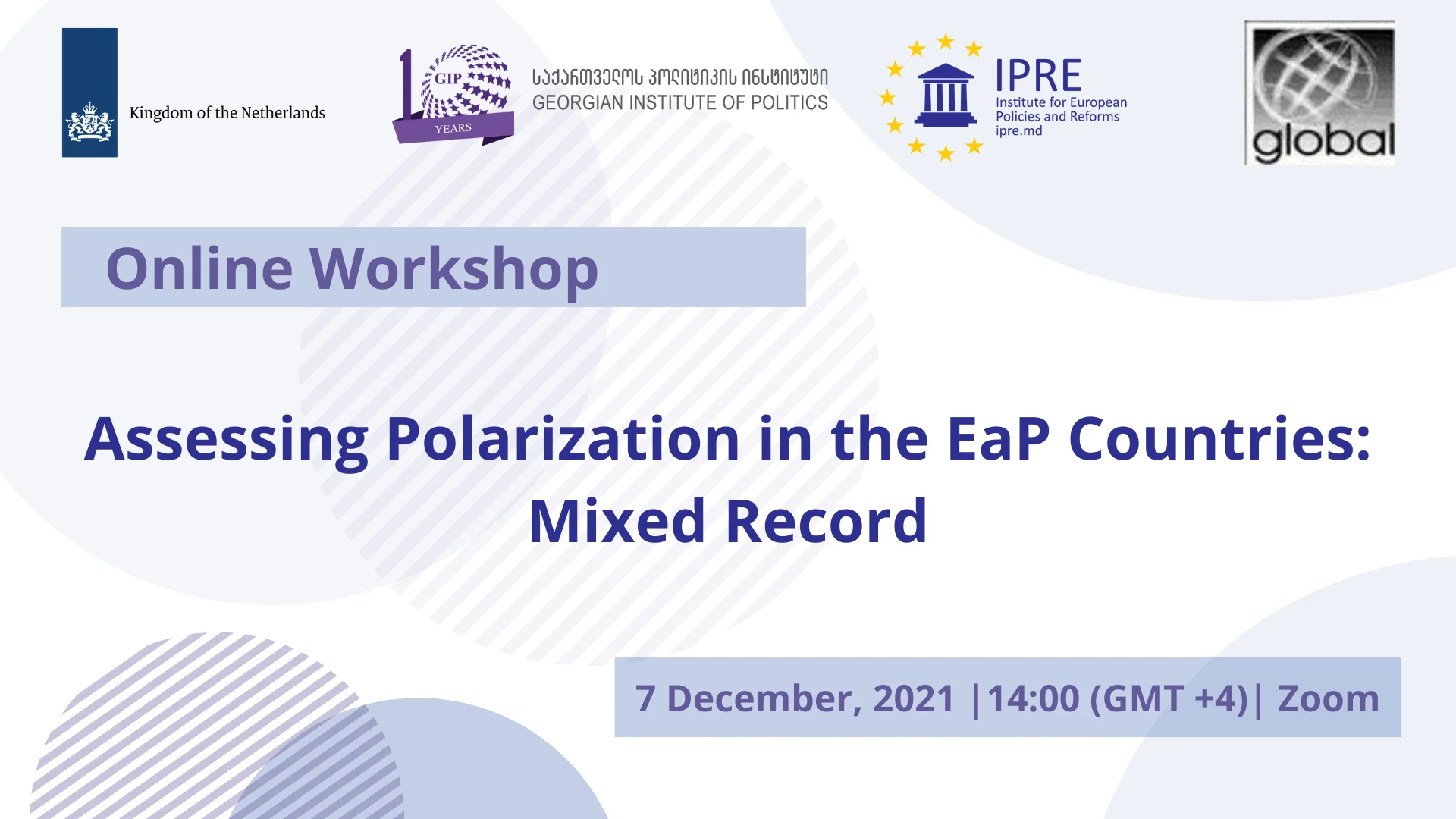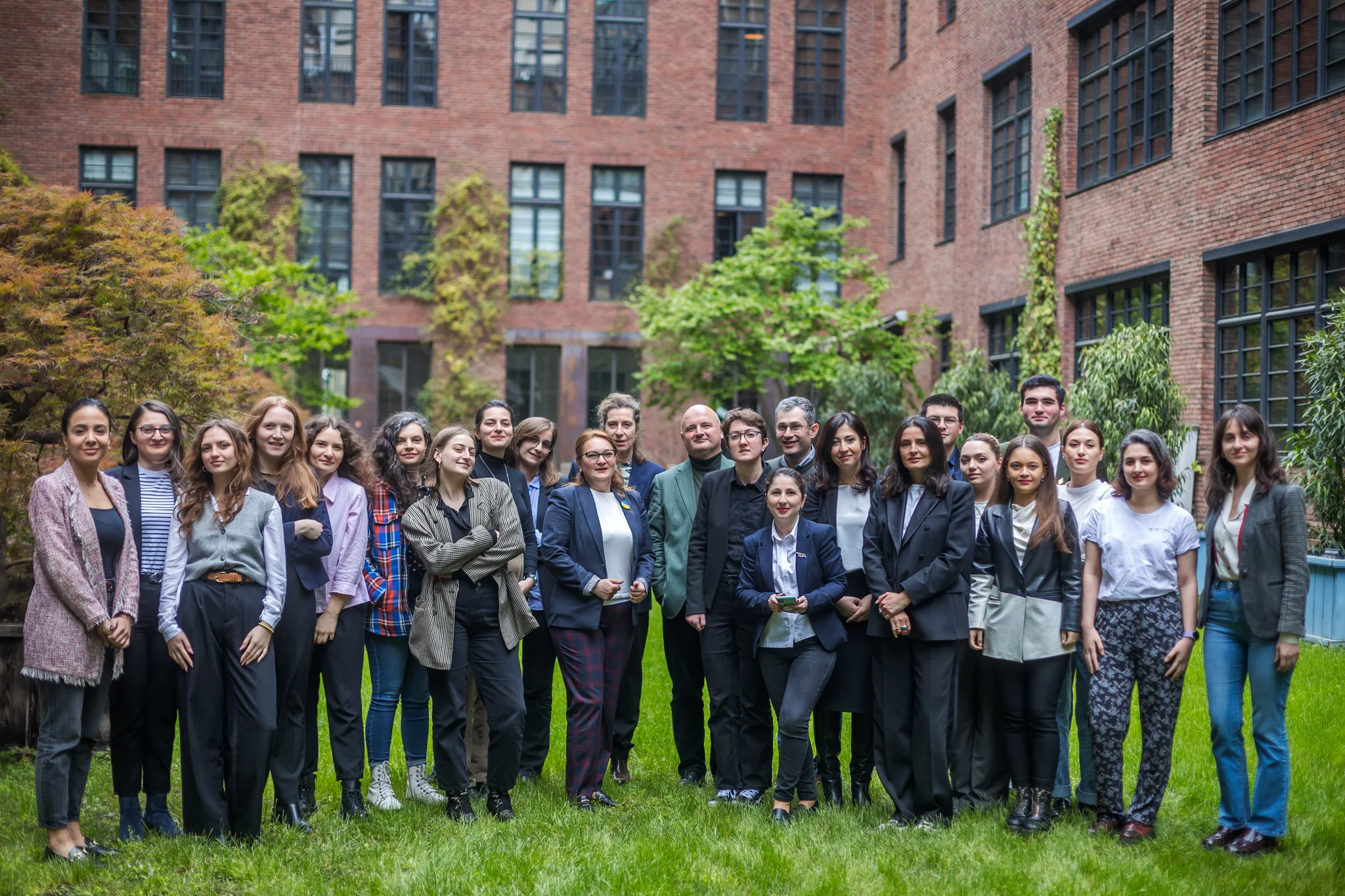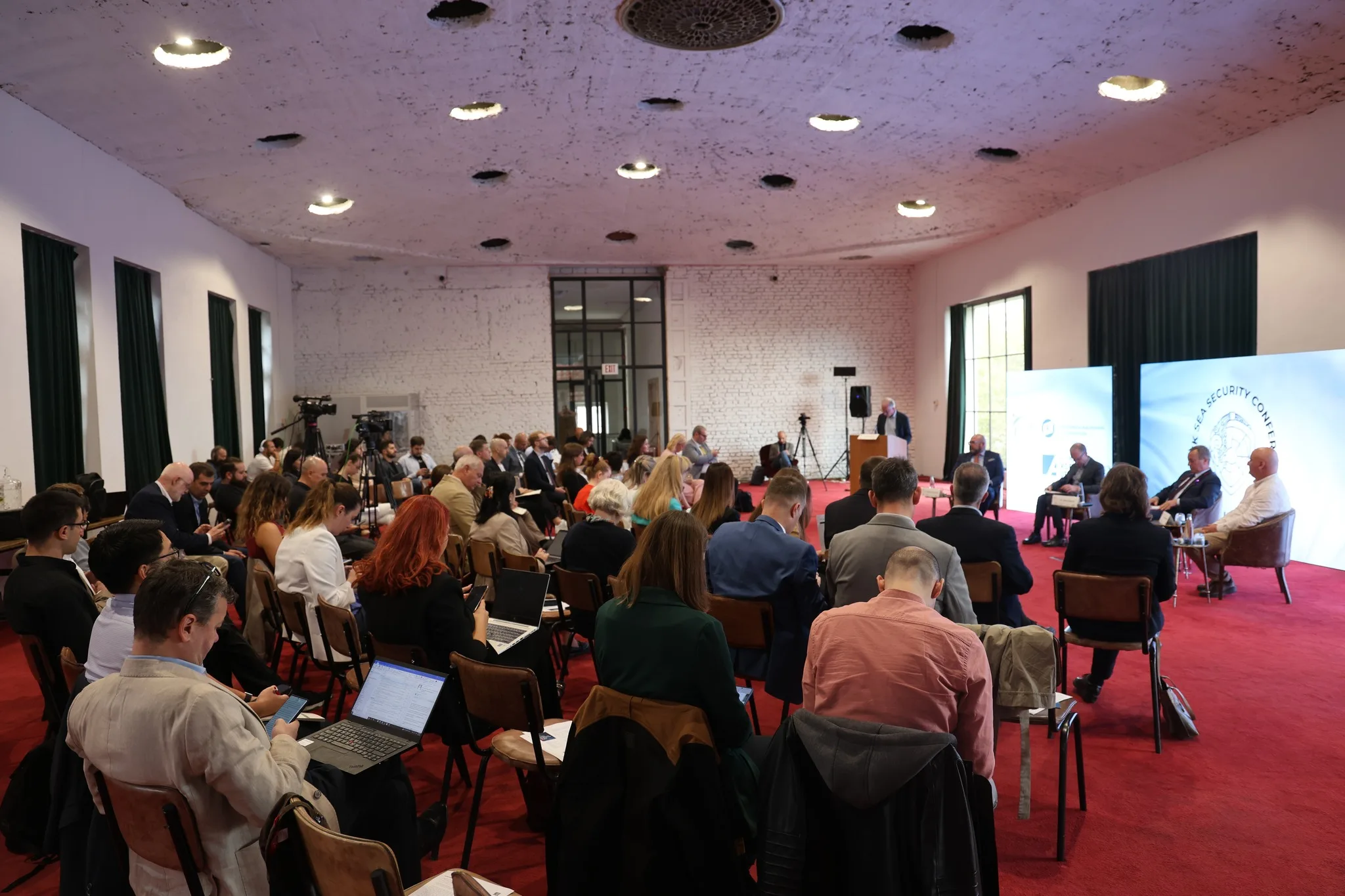2023-10-23 08:17:54
Over the past few years, Georgia has been gradually moving away from the European path of democratic development. The government has not demonstrated sufficient will to carry out fundamental reforms necessary for European integration, and reacts to Western criticism of the country’s democratic development in a confrontational manner. The ruling Georgian Dream party, seeking to retain power for a fourth term in 2024, is rapidly losing ties with Europe. This disturbing dynamic culminated in March 2023, when the EU group of European Socialists proposed revoking membership of the Georgian Dream party. However, the Georgian Dream left before it could be expelled, citing the lack of sufficient support from European friends as the reason for its decision. (PES 2023b; Georgian Dream 2023). Given this turmoil, it is important for Georgia’s opposition parties to integrate into European party families to keep Georgian politics connected to western institutions and the political area.
The opposition in Georgia, however, is weak and fragmented. Parties currently does not have sufficient resources to balance the one-party rule of the Georgian Dream, given growing authoritarian tendencies in the country. Several recent sociological surveys suggest public confidence in parties is not high (CRRC 2023a). Given the deteriorating relations between the ruling party and Brussels, the Georgian opposition needs maintain close relations with the European political elite in order to save Georgia’s European perspective on the political level. One way to accomplish this mission is to intensify Georgian parties’ interactions with European political groups.
This policy paper explores how Georgian parties operate today in the international arena, the challenges and opportunities for Georgian parties to integrate into Europarties, and how they can best leverage their relationships with European party alliances. The study made use of both desk research and interviews with Georgian party members, representatives of European party alliances, and experts. The policy paper concludes with recommendations on how Georgian opposition parties can better utilise their affiliation with European party alliances.
Key words: Political parties; European party alliances; European integration; Democracy; Elections.
Policy Paper #36 | October 2023




